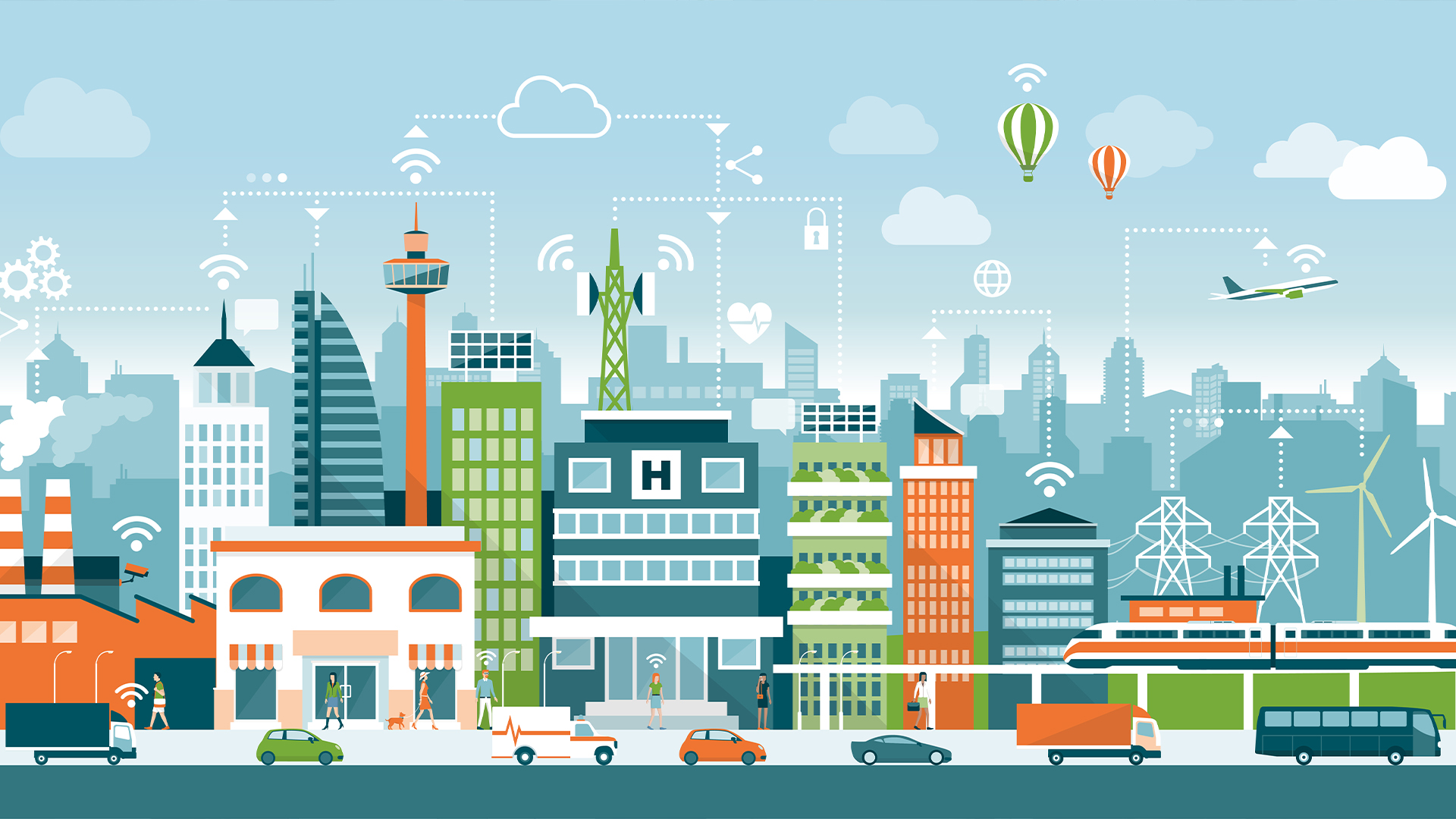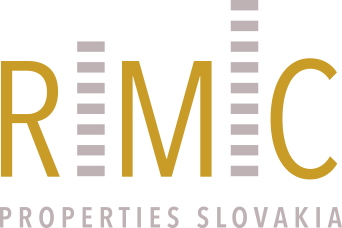Social innovation and participation of residents in creation of sustainable environment

Since their erection, cities and municipalities themselves face many traps and solve numerous problems each day. The 21st century brings forth new city-planning and rural challenges, such as climate change, globalisation, demographic changes, competitiveness of cities and municipalities, and many other issues of sustainable development. One of possible solutions is application of the “intelligent” cities concept.
Cities with adjective “smart” focus in majority on implementation of new technologies pursuing the goal of tackling these urban and municipal challenges. In the last few years there was a significant enhancement in the means of gathering data, computing technique, as well as utilization of so called “big date”. “Smart” cities are the reflection of wide scale of new technical equipment and services, which are the result of specific concepts of innovative approaches, as well as approaches of urban and local planning.
Complying with the processes of transformation of cities and townships, which cope of aforementioned challenges, the technical innovations have of course great meaning. They are those allowing for energy effectiveness, lowering power consumption or abatement of emissions. Moreover, technically managed transformation processes in conditions of mobility and communication also support attractivity of cities and townships.
“Smart” concept is often implanted because it provides “better quality life” and ad jointed sustainable development.
All the above-mentioned statements regarding urban and rural development make clear that the technical innovations play crucial role, but at the same time we can assume important mutual relationship with specific approaches of city and local planning outside the frame of these transformation processes. It is important to implement various innovation concepts, but most importantly precisely define corresponding role of persons involved in urban and local planning.
Based on brief description of technical core of “smart” city, which allows for more complex gathering of intel and data, more precise analysis of larger and better integrated intel files and faster communication, there are three different forms of innovations and their mutual relationship with planning approaches. Basic comprehension of what city is, who are the key persons involved – involved parties (zone stakeholders) and approaches do they bring, have the exclusive attention. Analysis manifest, that the term “open innovation” can be used by creating “urban and local innovations” not only by technical, but mostly by social integration method. Appropriate planning tool for its identification, conceptualisation and implementation is the concept of “urban living laboratory – Living Lab”, which allows and supports intelligent and proof- based comprehension of urban planning not only for big cities, such as London, Madrid, Vienna, but also for smaller settlements in our geographic conditions. “smart” cities concept is therefore applicable not only to cities, but concurrently for municipalities, where however is the need to accurately strategically define it.
From the experts´ scope of view, this concept is many times labelled as concept of settlements of the future, goal of which is to combine modernity with information technologies, and that leads to uplift in life quality of inhabitants of the zone in development.
It is of utmost importance to look at this concept from the perspective of the public – of the resident. In this case, the very technologies are considered a setback, due to insufficient education of the population. Key solution to this conflict of interest is to understand said technological as means of addressing identified issues in the zone, that means to perceive technology as tools, which enhances their effectivity drastically.

From my perspective as a space planner, it is necessary with sustainable development to put forward community of residents while strategically planning – that means city and township community, urban and rural life, its quality and rational exploitation of resources. The social innovations principle is fundamental to determination of life quality in a zone. In document “Social Innovation – What it is, why it matters and how it can be accelerated” from 2008, Geoff Mulgan and his team define social innovations as new cases, which answer unfulfilled requirements of the society, new ideas which should be solving existing social, cultural, economic and environmental problems with emphasis on the very people living in the zone. It is non-omittable for the residents as stakeholders acting on behalf of the public to participate on the creation of development plans, which ensures implementation of social innovations, based on the relations between people, organisations, cities, townships and their representatives etc. These relations should be unconditionally based on mutual trust, shared values, networking, norms and regulations of joint decision towards zonal and strategic development of cities and municipalities by concept of sustainable settlements, which leads to a raise of life quality of the population. Participation of the public seems to be part of everyday life of local administration and their residents. Online we have more than 80 thousand references, which in some manner are linked to participative settlement planning. Therefore, people have great number of information, and in the latest period they have made progress from the legislative as well as experts´ or public and concerned groups of residents and local administration point of view. There is however no right answer whether participative processes – rigid, effective and open partnerships are in fact functional in practice. The goal is to make participation of public in decision making about the future sustainable direction of cities and municipalities, an integral part of planning culture in Slovak Republic.
The very prerequisite for achieving sustainable development, with regard to each particular local administration, is among other things a effective integrative regulation of zonal development. Such regulation assumes coordination and cooperation of all subjects of the developed zonal system of local administration of – municipalities, cities, but also regions. It is vital for the planning to reflect principles of subsidiarity, which allows for participation of local and regional administrations, without disregarding the involved stakeholders.
What is more, system should secure coordination of each respective sectoral politics and subsequently integrate them in the system, which should regard the identity of the zone, based in common values, culture and all the interests, reaching beyond administrative borders and with focus in wider relations in the zone, but at the same time respect and reflect institutional organisations of countries, and predominantly allow for solidarity and cooperation of cities, municipalities and regions.
Sustainable development should reflect global development trends, as well as development of socio-economic, cultural, ecologic and environmental phenomena and influences.

